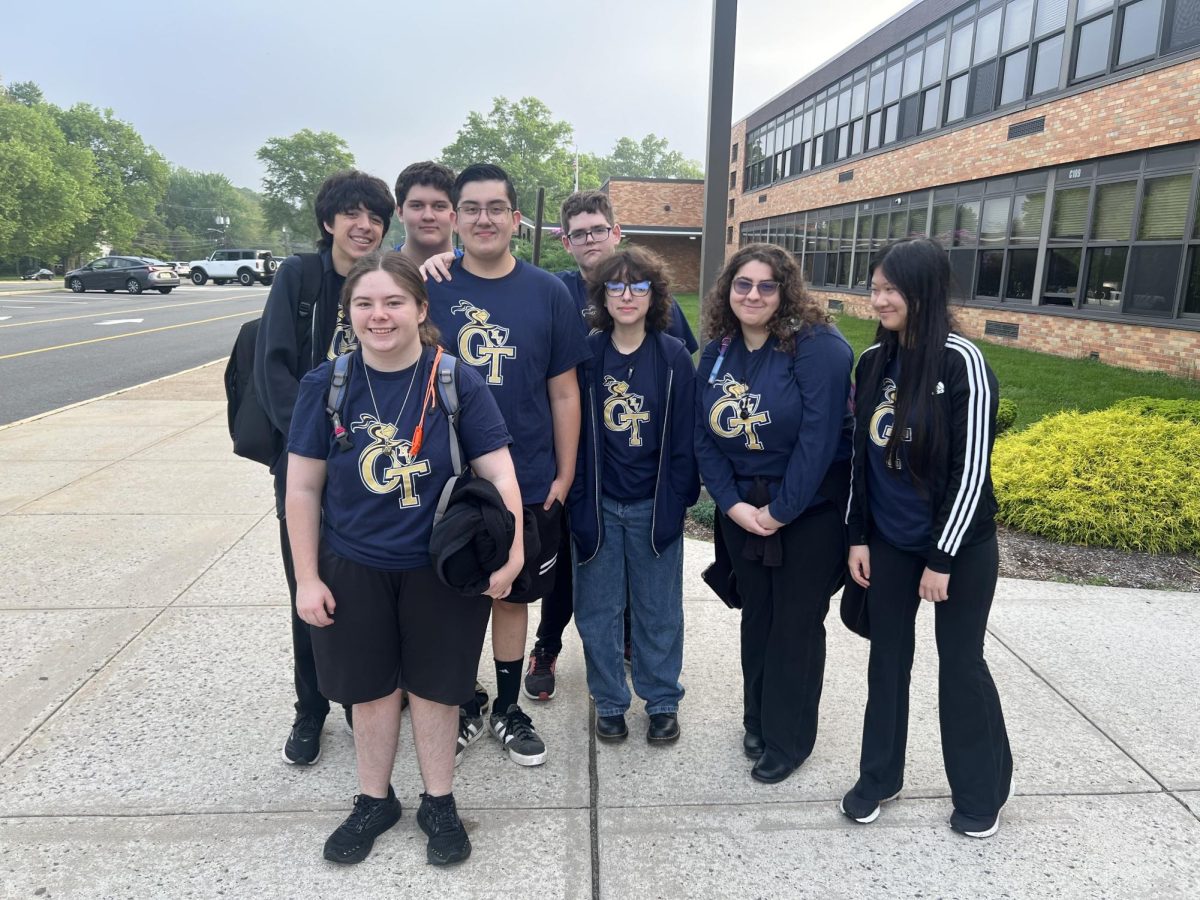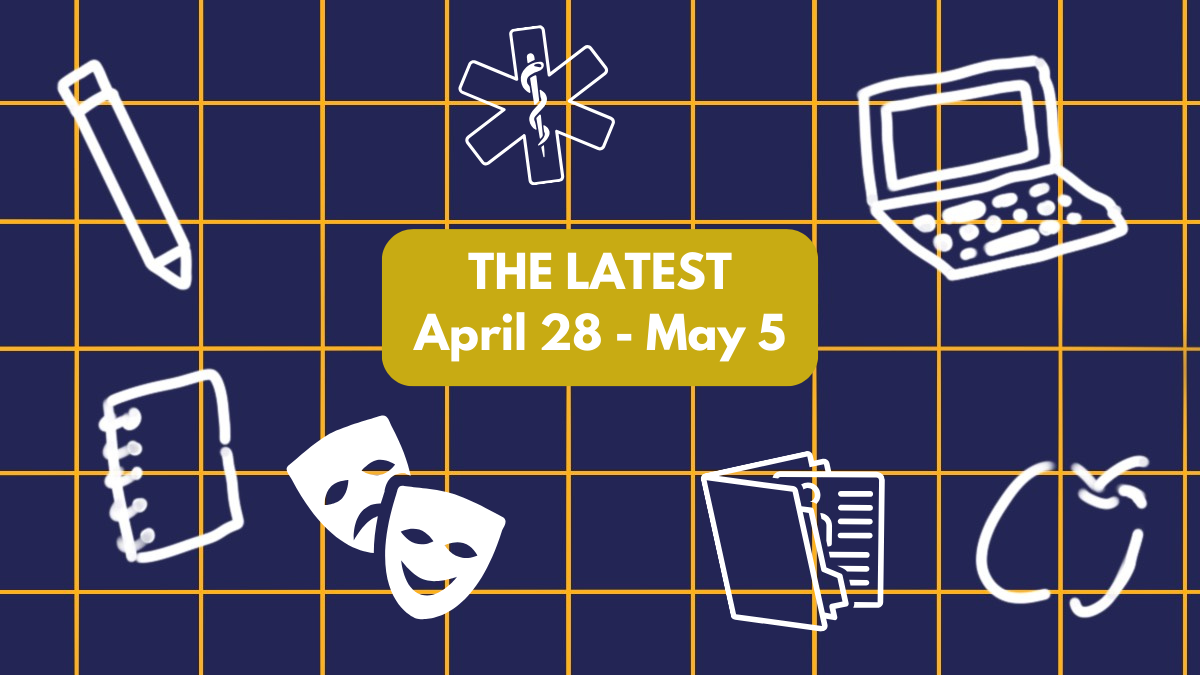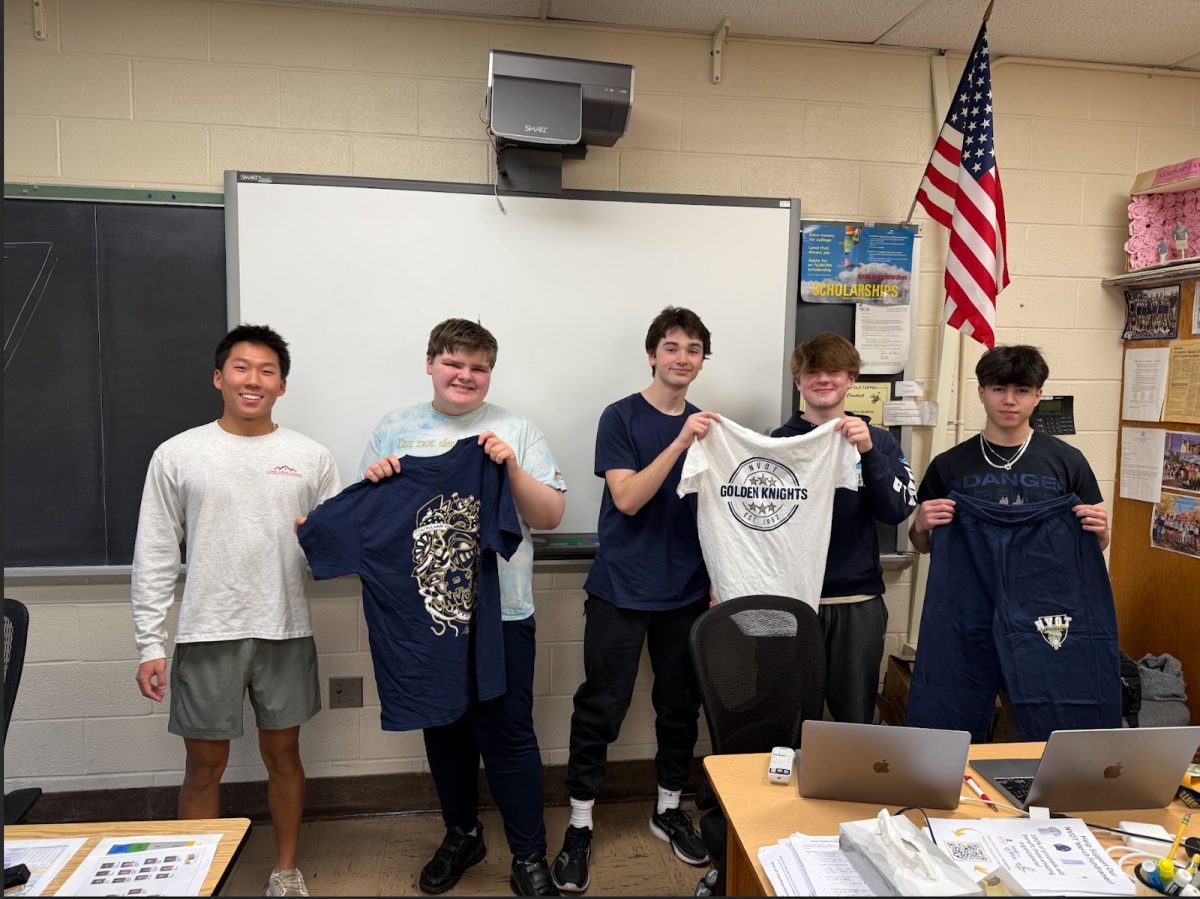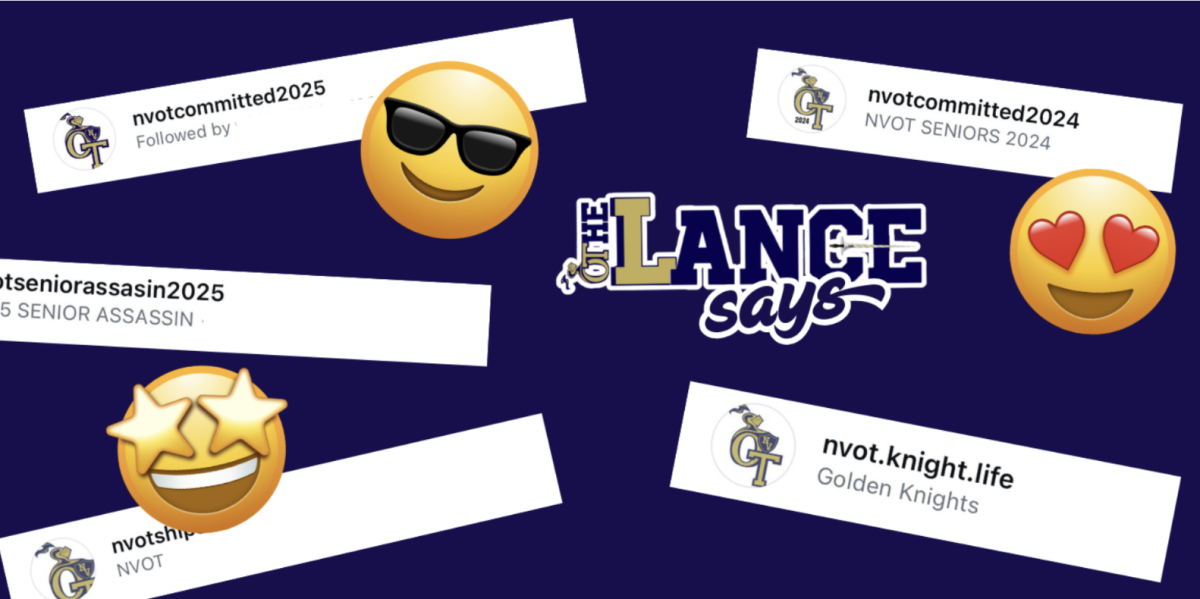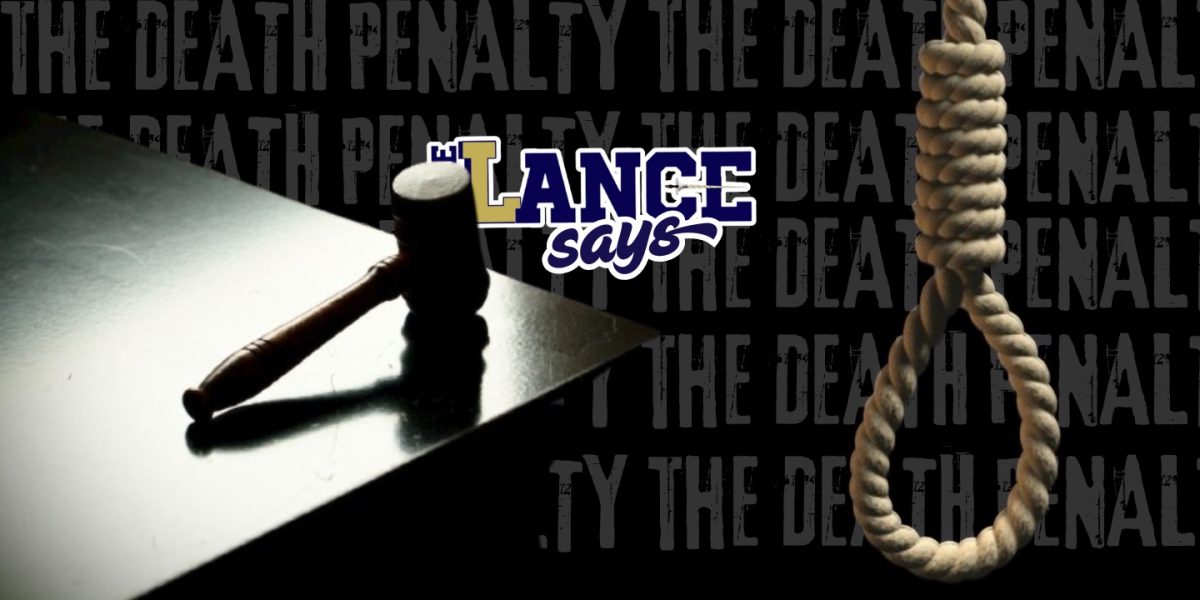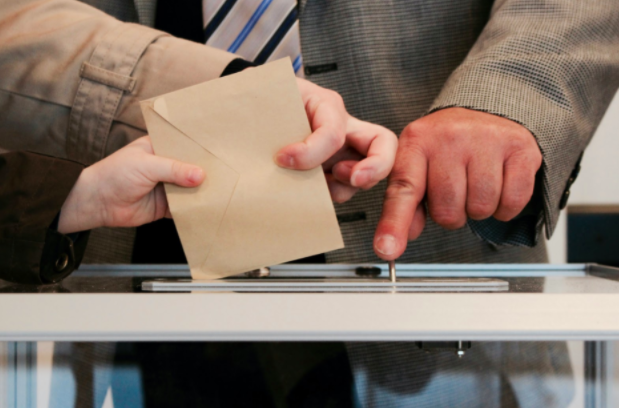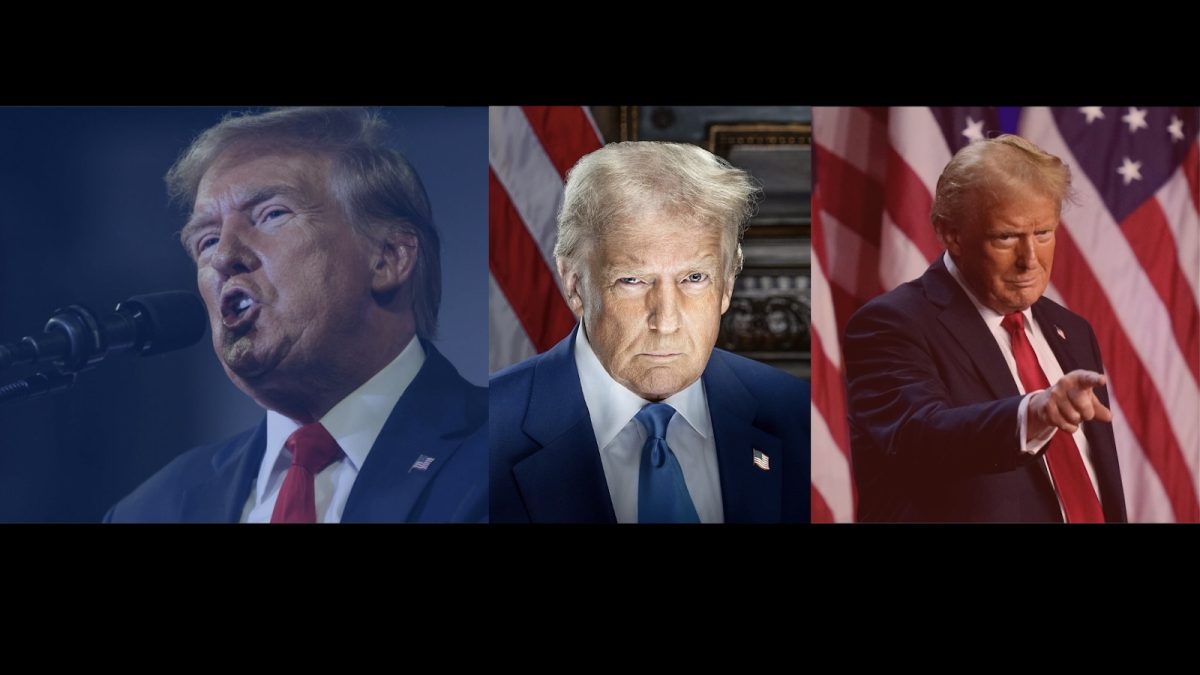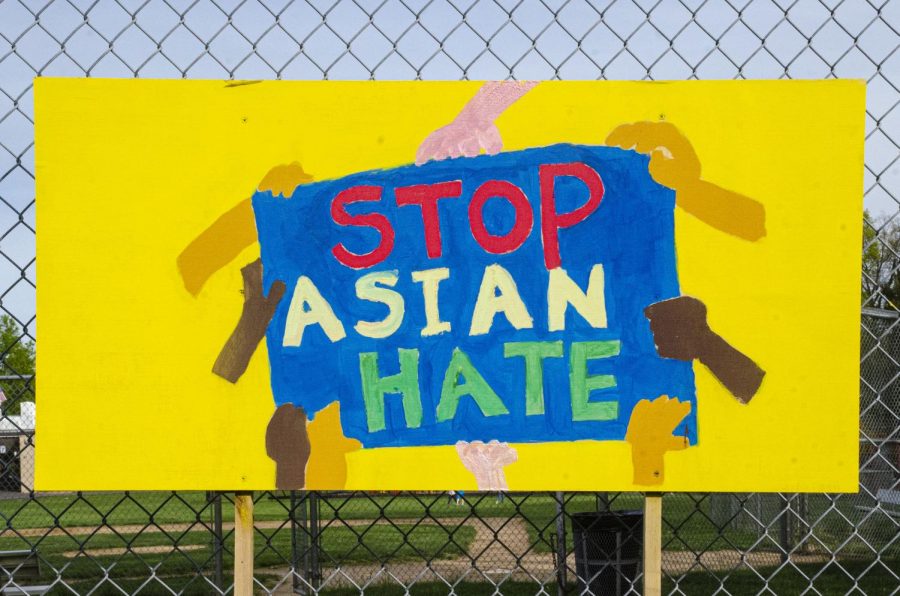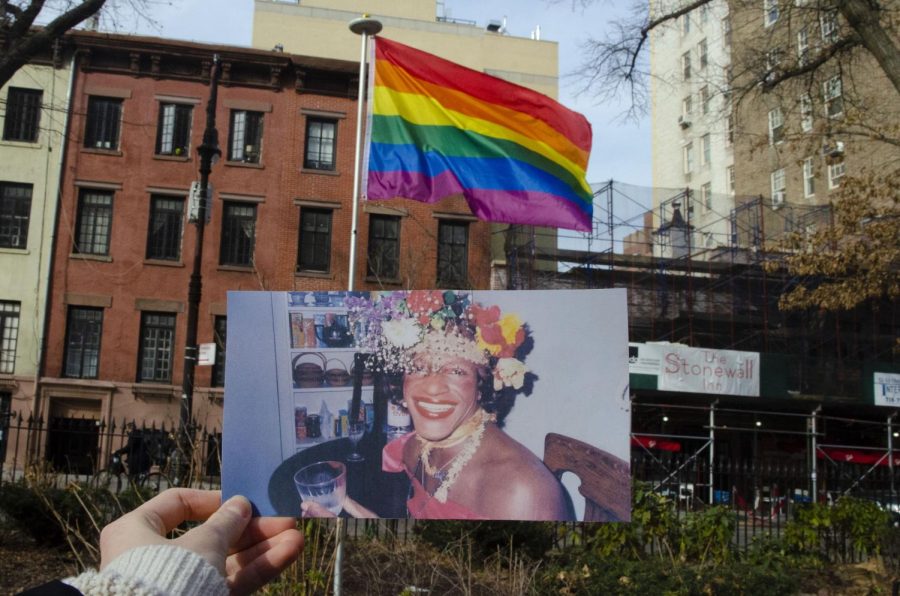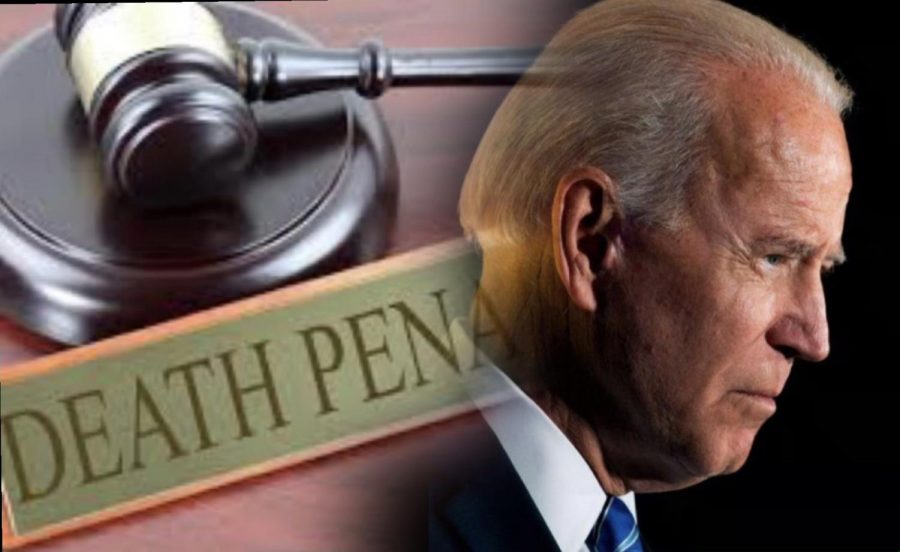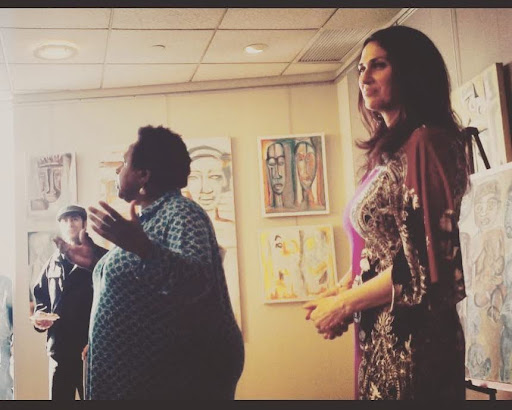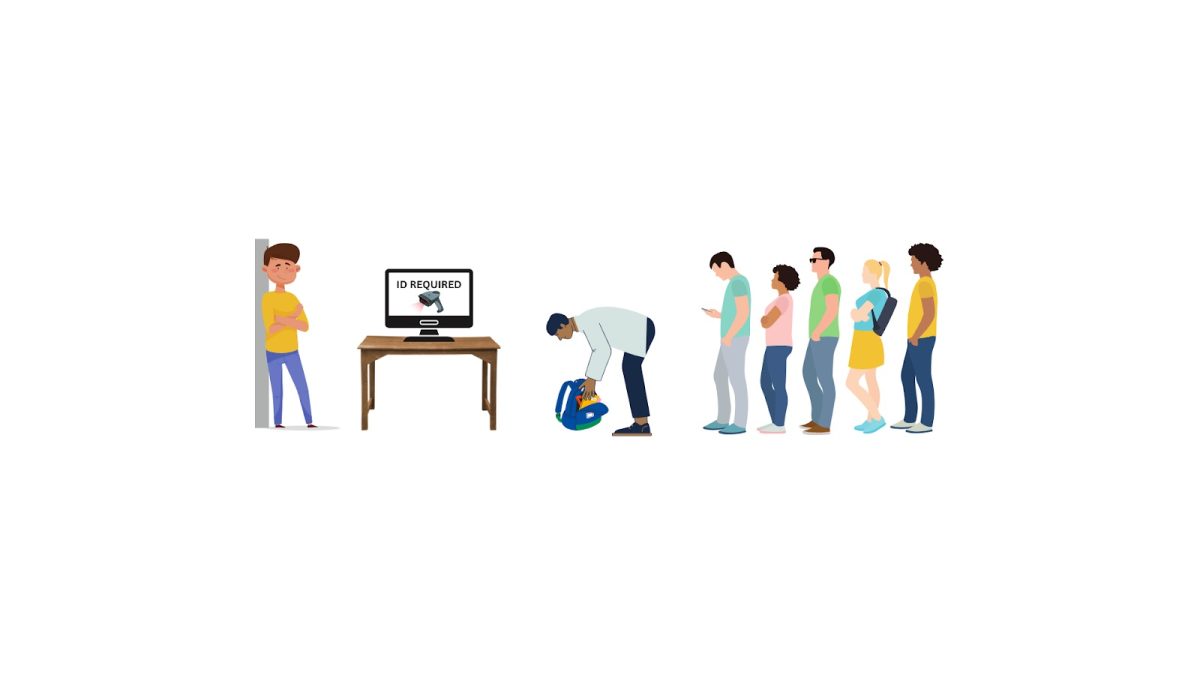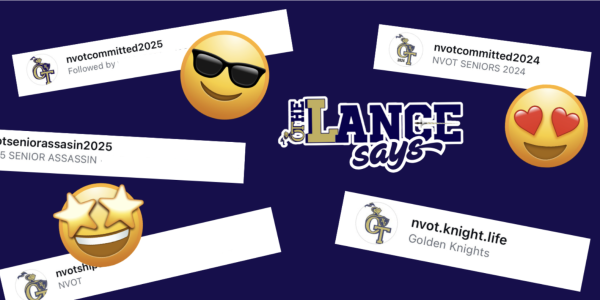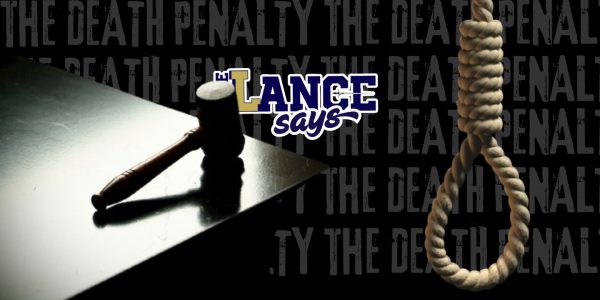AJITated about Net Neutrality
Net Neutrality is Dying, and it’s the FCC’s Fault

In modern America, technology is unavoidable. Toddlers are glued to their tablets watching YouTube videos before they can walk. Tweens spend countless hours playing Call of Duty on Xboxes and PlayStations. Every teen has a cell phone glued to their palm. Much of this technology would be obsolete without the Internet, but not everyone respects the rights of its users.
The Net Neutrality rules instituted in 2015 prohibited Internet providers from the following actions, as outlined in one NY Times article: Blocking websites or apps with lawful content, slowing the transmission of lawful content based on its nature, and providing fast connections for premium prices, and slower connections for non-premium rates. Overall, these restrictions prevented Internet providers from forcing its clients to pay more to access certain websites, and providing clients with slow Internet speeds or even no Internet connection when trying to access certain websites, namely competitors.
This past December, FCC head Ajit Pai repealed these regulations that prevented Internet providers from abusing their control over the Internet. The FCC is a government agency created to regulate digital communication, such as radio, television, satellite, and Internet so that services are provided at reasonable rates and without discrimination. With full control, companies like Verizon and AT&T can do things like throttling Internet access to competitors or requiring additional payments to access specific sites. Pai argued that economic restrictions on businesses could disincentivize them from expanding their Internet services to lower income areas and subsidizing their services appropriately. This approach, however, disregards the fact that businesses are primarily interested in profits, and will happily sacrifice ethics to reach that goal even without economic restrictions.
Pai seemed blithely unconcerned about downfalls to the repeal, possibly more focused on the 110 million dollars spent by various telecommunication companies lobbying the FCC against Net Neutrality, compared to the estimated 39 million from numerous companies like Amazon and Facebook supporting it. To Pai, it seems, politics is just a numbers game.
The Internet, however, rebelled against Pai’s campaign. A litany of posts on Reddit warned its users of the repeal and engaged in a “Battle for the Net.” Over 20 million comments were made on the FCC’s website, the most popular of which was a call to support Net Neutrality. Pai’s response? He disregarded the majority of comments made on the FCC’s site, claiming that they were spam and that he would only look at comments that were “unique” and that “introduced new facts.” So the concerned voices of millions of people that used the same format to submit their comments were thrown aside, leaving Pai open to cram his anti-Net Neutrality message down the throats of Americans. How does that saying go again? By the people, of the people, for Ajit Pai?
So what’s next? Well, the Internet Association, Netflix, state attorney generals, and many others have filed and supported lawsuits against the FCC for the repeal, and the American people are still protesting. I can only hope that these lawsuits will not fail to hold the FCC accountable. The question now is: how many lawsuits have to fall on deaf ears before the FCC suddenly start listening?

